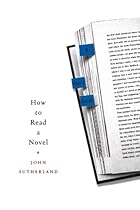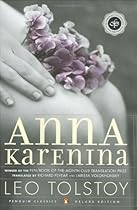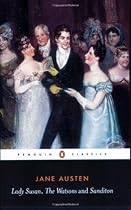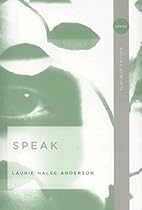
Not quite sure why I picked up a book called How to Read a Novel when I haven't even had time to read lately, but I did. The new job is going well, but I've got a longer commute I'm adjusting to and I'm simultaneously trying to start a new marketing focused blog and co-launch a leadership blog and write a book. And my high school reunion was last night. So it's been a little crazy, and I've clearly lost my mind. I think it's because I have so much more energy since quitting my old job and so I'm going crazy starting new projects but not actually finishing anything. I've even started a half dozen new books instead of finishing the ones I was already reading. Being able to walk to the library on my lunch break isn't helping in that area either. I can walk to our large downtown library and browse and read. Unfortunately I've been doing too much browsing and not enough reading.
One book I did manage to finish this week is How to Read a Novel by John Sutherland. I did enjoy this book, but let me tell you, the title is all wrong. It should be How to Buy a Novel or How to Try to Select Novels or something. Since I flipped through it before checking it out at the library I knew what I was getting, but I can see that being off putting to people if you didn't look inside a little more closely.
Sutherland gives suggestions on what to look for in a novel when you're browsing so you can decide if it's worth devoting your limited reading time too. My favorite tip was to turn to page 69 and read it and if you like it, you'll probably like the whole book. People tend to bring their A game to page 1, and by page 69 they've probably burned out if they're going to or hit their stride.
I'll be honest, most of the rest of the advice was kind of not helpful. He mainly said that you can't really trust anything - not the flap, certainly not the quotes, not reviews, not best seller lists. So, to be honest, I didn't really feel like this book was overly helpful in doing what it was supposed to do - tell me how to select novels I'll enjoy reading. And he seems rather anti-Harry Potter so I hold that against him.
However, I liked the book. Sutherland was at his best when he just rambled about books. He packed in a ton of examples of various books, and I enjoyed reading those portions, getting his take on different things. It made me think I would enjoy reading his book reviews. I think that's really where he is strength is. And I was quite happy to note that his one book he would take to a deserted island (excluding the Bible or Shakespeare) would be Vanity Fair. That's one of my all-time favorite books! I was a little surprised because his book tastes seem to run to the more recent, uber-literary types, so I was excited about his choice and explanation.
I found it interesting that during one of his ramblings, he said he thinks all fiction readers fall into one of two camps: you like either Thackeray or Dickens. He admits you can like both (which I indeed do) but that you'll tend to read books that are more like one or the other. He said Thackeray is more conversational, as though the author is telling you a story. Dickens is more theatrical, where you sit and watch the action unfold. That probably does explain why I do prefer Thackeray, and thinking about it, I do prefer books that are more conversational, like the author is sitting next to you telling a story. Swift does this, and Picoult, and Austen, and the Brontes. Those are some of my favorite authors. The Great Gatsby. I like narrators. With Dickens, you feel a little removed from the story. It's more like watching a play/TV show/movie. That may be why a lot of people don't enjoy him as much these days. I felt that way about the works I've read (which isn't much!) of Faulkner and Woolf.
Well, I feel like this blog post was rather a nice tribute to Sutherland since it rather rambles on as well. I'm not sure if this post is helpful in determining if you'll like this book or not. Maybe if you liked the post you'll like the book and vice versa. Regardless, I hope you find great books to read this week! And let me know what you think about the Dickens vs. Thackeray issue. I'm interested to know what you think!



